Economism is wrecking the world. I define it as the banks maximizing cashflow and profit using their credit creation ability. The power of that credit is largely derived from the availability of fossil fuels, so I often refer to it as the carbon/credit or fossil/credit system. It is wrecking our planet and cities and societies because profit is not a measure of quality of life, welbeing, it only measures the importance of the financial system.
We see news all the time that is about this process of destruction, which includes clearcutting forrests, rising cost of everything including homes and medical bills, undermining education depleting our biosphere etc. etc. This may not be evident if you live only in an economistic location, although you know you constantly have to worry about money and try to spend it so you feel human. The best way to survive in an economistic environment is to work for a bank or a fossil pleasing company (any business that uses a lot of fossil fuels).
I was recently travelling through Asia and there the situation is still quite different. Countries like Cambodja are considered economically underdeveloped, and this is made synonymous with unsafe and risky to be in. One has to take this with a grain of salt, clearly the economies deny certain inventions to countries, even if they can very well replicate them. Thus the idea of superior inferior is for a large part artificial.
Another consideration is that the question is how we want to live. Do we want to live in a condo in Bangkok, driver our SUV to the mega shopping mall, and buy all the known brands there or do we want to live and survive with a family. You can do the latter being a rice farmer in the countryside. You will have no SUV and be unable to afford the stuff in the mall, but plenty to eat and apart from during the burning season be outdoors in a relatively peacefull environment.
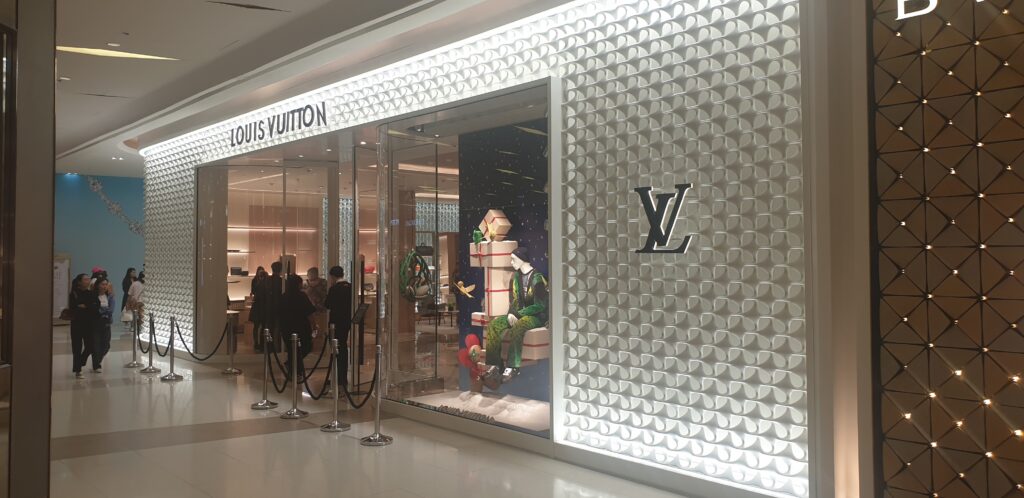
Many think that farmer existence is hard, but of course if you add modern medicine and education it does not have to be. It is boring perhaps, and that seems the main reason people choose to try to ascend the economic ladder. This is not only a matter of desire, its also banks maximizing cashflow. A good example of this is found in Vietnam where seaweed farming could be big business, but because shrimp farming is more profitable, banks prefer to invest in those activities, even if it poisons all the other fish in the mangroves downstream.
We are used to complaining about the effect of banks, not about banks. So how do we take this destructive power from them, so that we only need them for things that can only be done with fossil energy, and not be delivered to banks habit to create an environment in which they become important (like densly populated cities and shopping malls). How to prevent your life and your planet from being farmed by banks?
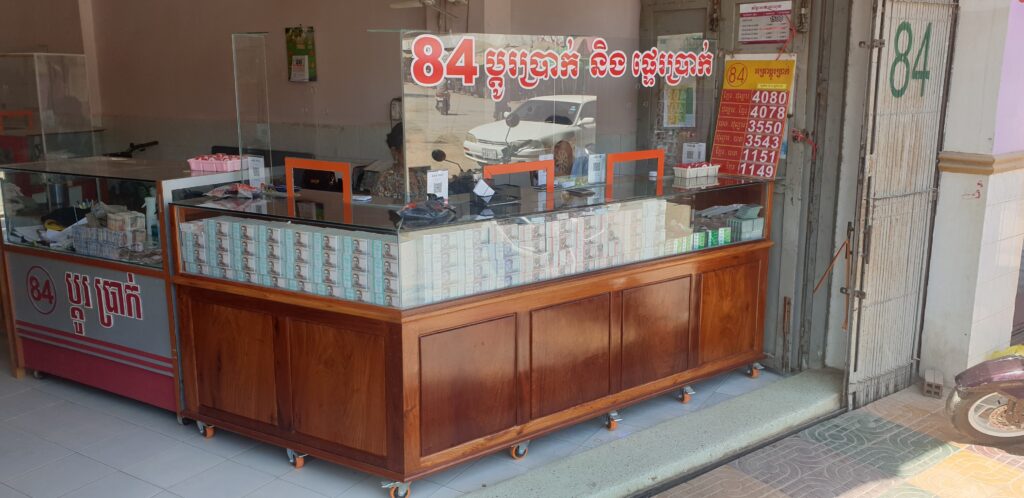
The only way to do it is to create an alternative currency for the biobased economy. The biobased economy consists of all farming that does not require money to happen, at least not fossil credit, because it does not use any or barely any fossil fuels. The idea of such currency is not crazy, because if you go to Cambodia you can readily observe the biobased economy with its currency living side by side with the fossil based economy.
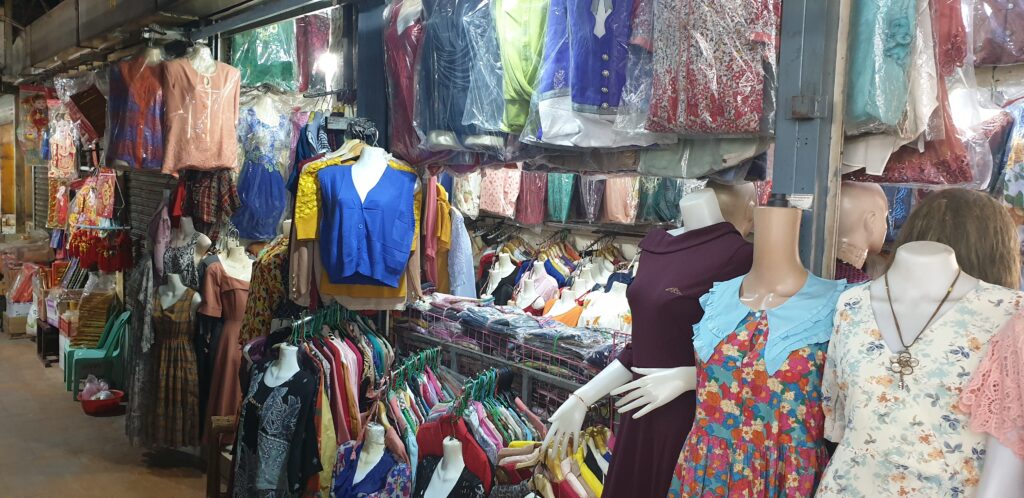
The local currency has demininations of less than $0.01 if you convert it. This makes sense because you can buy food and fish and meat in all types of quantities. The money in the biobased economy can circulate between farmers. If you have an imaginary economy with 100 farmers that have stabilized their annual output you would never have to increase or decrease the amount of money, as long as all farmers produce about the same value (so money does not get concentrated with one of them). Of course hand crafts and all manual work also belongs in the bioeconomy because it can be payed for with farm produce, directly or indirectly through the currency, the best example is farm work itself.
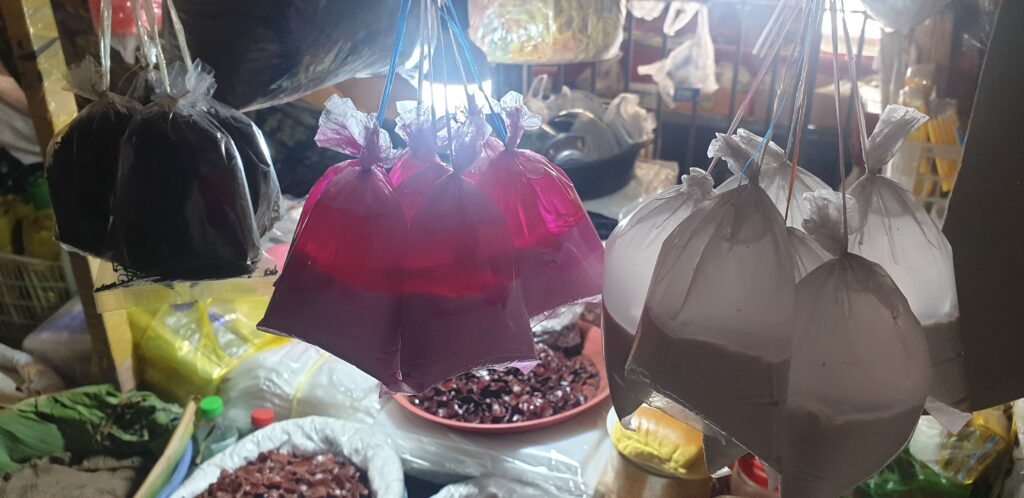
As said the currency in the biobased economy would see inflation and deflation depending on the output of this economy, so the tons of all foods produced, hours of services rendered. Or the central bank could print money or take it out of circulation. It doesn’t really need a bank, just a fair distribution of work and productivity.
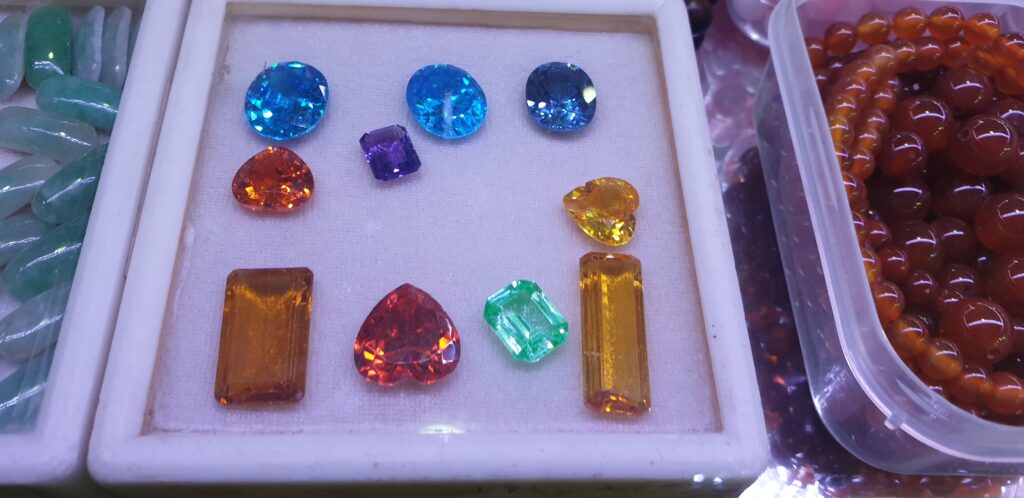
An imporant aspect of the bioeconomy is that it has intrinsic interest in keeping food abundant, nature pristine and people healthy. It is not extractive, it does not move stuff about over thouasands of miles, because there is no need and because it would be too much effort (colonizers of Asia moved stuff with sailing ships, it would have been unlikely to be profitable doing it on horseback for example). You could say that using the wind to sail and transport stuff was a first example of a distortion of the bioeconomy. It meant for example the transport of oranges from Spain to England, which made spanish farmers farm them more, distorting the balance from a low risk generalized economy in a less stabile specialized one (although that’s not intrinsically bad).
But to get back to the currency, in Cambodja you can use the local coin, the Riel, or you can use US dollars. They like the US dollars for sure. Now you can ask how does this Dollar dependence and thus fossil credit currency dependence start? Very simple : Scooters. Motorization of the economy is a common aspect of all developing countries. People love being able to scooter wherever they need to go. To do it they need fuel, and to get fuel they need $$.
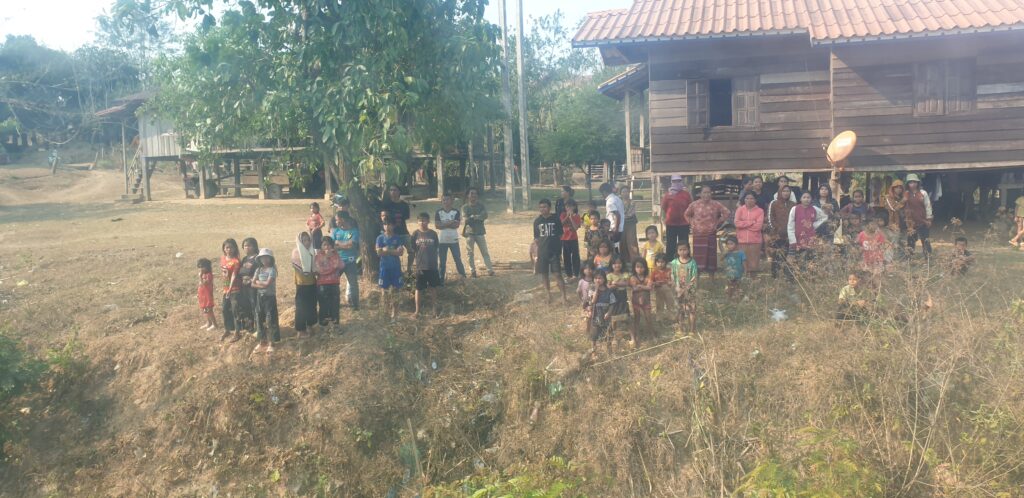
The way countries hook their people into the fossil credit world economy is by making fuel cheap enough to use scooters. Also any resource that is pristine, valuable because it has become scarce in the economistic (another word for fossil credit economic) countries can then be extracted because the population has become addicted to fuel, and has discovered all the clever and pleasant things the developed countries are producing. This is also done through a very strong distortion by advertisement and all kinds of means to which the people living a tranquil biobased existence are not really used.Before they know it they are trapped in a city, living in a massage parlour but if they are very lucky, they made $$ in a previous generation or are usefull to help ‘develop’ the country, they get the jobs that afford them the SUV.
Now this is not a plea to go back to near poverty subsistence farming, it is only a plea to create and maintain a separate currency for what is biobased and manual labour as opposed to what is machine based or fossil energy based. I made it before in a piece called “The Euro, the Auro and the Joule” to fix the fossil price distortion in Europe, separating labour, renewable energy and fossil energy. This is a rethink based on my trip in Asia, as the deterioration brought on by fossil credit really made it clear mixing biobased and fossil credit destroys the biobased economy, simply because there is way more fossil credit abundance and it goes into activities that are mostly harmfull, because banks want to maximize their cashflow and nothing else.
The basic idea is to have a currency that can circulate among people that are doing things outside fossil dependency, and that there’s a central source of that currency to maintain price stability. This source is automatic, and it distributes money to all participants equally or takes a % from them. If one of the participants is hoarding money the total amount in circulation drops so there should be negative interest rates which redistribute the money over time. There is no way to change this biobased currency, the Auro in the previous post, to the fossil currency (the Euro for example). This is quite clearly matched by the fact you can not exchange Riel in Thai banks, only Yen, Dollar, Euro, Yuan. Another clear sign there are two economies with different interests.
The benefit of a closed biobased currency is that the people using it have a vested interest in a pristine and healthy natural environment. No pesticides in the produce or animals caught or farmed. There is no desire to drive production to a maximum, just to a level where the necessary inputs are covered. There is no need to be a meat farmer with 100% optimized everything, because you are not trying to earn money to become ever richer, you are also not in any debt with any fossil credit bank (usually the way they drive people to want to earn more $$).
Renewable energy can be an intrinsic part of this bioeconomy because renewables typically do not harm or pollute nature. They can be privately owned and the power can be shared using electric cars or a grid as usual. There is no need to live in the middle ages. Most modern inventions are not fundamentally dependent on a specific energy source. When renewables are used, which can also be owned by a city or cooperative or province, you do not need a bank.